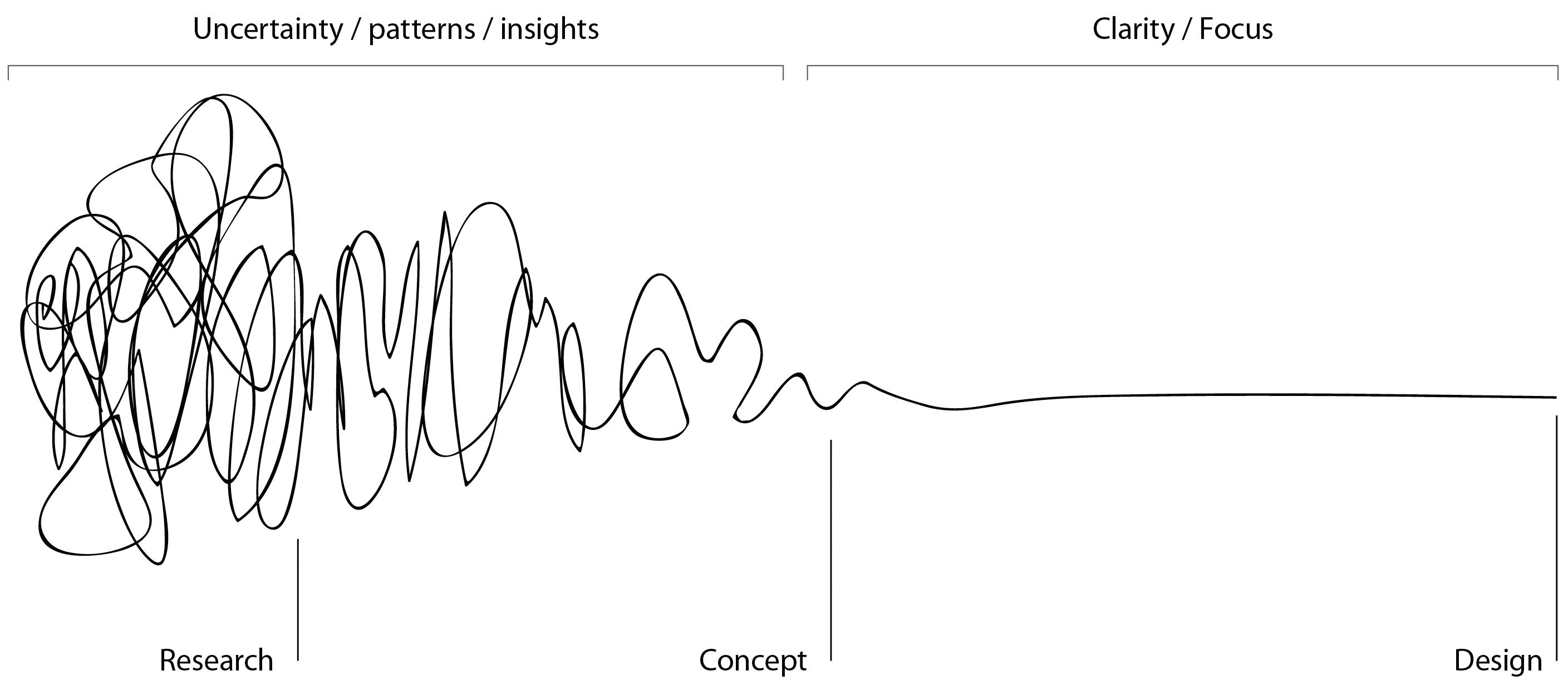CHALLENGE SCOPE After eight months of head scratching, going out on to the land, and holding paradoxes — as well as learning from the multiple research modalities listed above and the community feedback we received in the pre-lab phase — we landed on the scope and direction for Shift Lab 2.0. The research showed we needed a grounding question that linked everyone involved. The overarching question was:
How might we create anti-racism interventions that acknowledge everyone’s humanity and create behaviour change? We further narrowed the scope based on consultation with lab mentors and Indigenous elders, and landed on four questions that our teams assembled around: • How might we reimagine what it means to be a Treaty person? • How might we create an interactive empathy experience that strives to reduce racist behaviour over time? • How might we create encouraging pathways that help potential allies for racial justice overcome white fragility? • How might we design intervention(s) that de-escalate public displays of overt racist behaviour?
26
Our Working Definition of Racism Conventional wisdom frames racism as a product of ignorance. According to this framing, the solution is education. While this may be true in some cases, it has been the experience of the Shift Lab participants that this is incomplete and frames the problem as a personal one, rather than as an issue with historic, systemic, cultural, and institutional roots. Additionally, at a time when Canadians are more highly-educated than ever before, racism has metastasized rather than faded away. We define racism as the individual and systemic manifestation of the uneven distribution of power and prejudice related to culturally-defined ideas of “race,” which is itself a social construction with no grounding in science or biology. We acknowledge that racism is a hotly debated topic — one that is highly political, emotional, deeply individual, but also systemic, anecdotal, and historic. One of the confounding things about racism is that widespread agreement on what it is may differ from how it looked in a particular place and time or how it will look tomorrow. Within Edmonton, the nature of racism is broadly illustrative of racism in Canada and other Western settler-colonial societies generally.





















